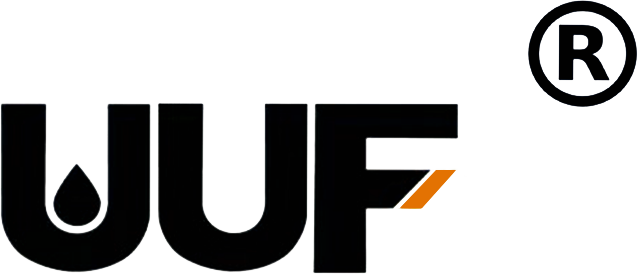Essential Insights into Car Oil Seal Manufacturing: A Guide for Industry Professionals
Time:
2025-06-09
The manufacturing of car oil seals is a vital component within the automotive parts industry, particularly for those dealing with rubber sealing products. Oil seals play a crucial role in preventing oil leaks from engines and other mechanical systems, ensuring the longevity and efficiency of vehicles. As a professional in this sector, understanding the nuances of car oil seal production can greatl
The manufacturing of car oil seals is a vital component within the automotive parts industry, particularly for those dealing with rubber sealing products. Oil seals play a crucial role in preventing oil leaks from engines and other mechanical systems, ensuring the longevity and efficiency of vehicles. As a professional in this sector, understanding the nuances of car oil seal production can greatly enhance your business operations.
A primary factor in the production of car oil seals is the selection of high-quality materials. Typically, rubber compounds such as nitrile, silicone, and polyurethane are commonly used due to their excellent sealing properties and resistance to various automotive fluids. When selecting materials, consider factors like temperature tolerance, chemical compatibility, and wear resistance to ensure optimal performance in diverse automotive environments.
The manufacturing process itself involves several key stages, starting with the design and prototyping of oil seals. Utilizing advanced CAD software can facilitate precise design, allowing for meticulous adjustments based on vehicle specifications. Following design approval, the production process can commence, often involving techniques such as compression molding or injection molding to achieve the desired shapes and dimensions.
Quality control is another critical aspect of car oil seal manufacturing. Implementing rigorous inspection protocols at various stages of production helps to identify defects early, ensuring only the highest quality products reach the market. Techniques such as visual inspections, dimensional checks, and performance testing for endurance against pressure and temperature variations are essential for maintaining standards.
Moreover, understanding the nuances of market demands is paramount. The automotive industry is increasingly leaning towards sustainable practices, which influences the choice of materials and production methods. Embracing eco-friendly materials and processes not only aligns with industry trends but also enhances your brand's reputation among environmentally-conscious consumers.
In addition to manufacturing practices, staying abreast of technological advancements in the field can offer a competitive edge. Innovations such as automation and smart manufacturing are reshaping the industry, improving efficiency and reducing production costs. Investing in training and development for your workforce to adapt to these technologies can result in significant long-term benefits.
In summary, the car oil seal factory operates at the intersection of material science, engineering, and market responsiveness. By focusing on quality, embracing innovation, and understanding market dynamics, professionals in the automotive sealing industry can ensure their products meet the ever-evolving standards and expectations of both clients and the market. This comprehensive knowledge not only enhances operational efficiency but also contributes to the overall success of your enterprise.
A primary factor in the production of car oil seals is the selection of high-quality materials. Typically, rubber compounds such as nitrile, silicone, and polyurethane are commonly used due to their excellent sealing properties and resistance to various automotive fluids. When selecting materials, consider factors like temperature tolerance, chemical compatibility, and wear resistance to ensure optimal performance in diverse automotive environments.
The manufacturing process itself involves several key stages, starting with the design and prototyping of oil seals. Utilizing advanced CAD software can facilitate precise design, allowing for meticulous adjustments based on vehicle specifications. Following design approval, the production process can commence, often involving techniques such as compression molding or injection molding to achieve the desired shapes and dimensions.
Quality control is another critical aspect of car oil seal manufacturing. Implementing rigorous inspection protocols at various stages of production helps to identify defects early, ensuring only the highest quality products reach the market. Techniques such as visual inspections, dimensional checks, and performance testing for endurance against pressure and temperature variations are essential for maintaining standards.
Moreover, understanding the nuances of market demands is paramount. The automotive industry is increasingly leaning towards sustainable practices, which influences the choice of materials and production methods. Embracing eco-friendly materials and processes not only aligns with industry trends but also enhances your brand's reputation among environmentally-conscious consumers.
In addition to manufacturing practices, staying abreast of technological advancements in the field can offer a competitive edge. Innovations such as automation and smart manufacturing are reshaping the industry, improving efficiency and reducing production costs. Investing in training and development for your workforce to adapt to these technologies can result in significant long-term benefits.
In summary, the car oil seal factory operates at the intersection of material science, engineering, and market responsiveness. By focusing on quality, embracing innovation, and understanding market dynamics, professionals in the automotive sealing industry can ensure their products meet the ever-evolving standards and expectations of both clients and the market. This comprehensive knowledge not only enhances operational efficiency but also contributes to the overall success of your enterprise.
Keyword:
Car oil seal factory


















